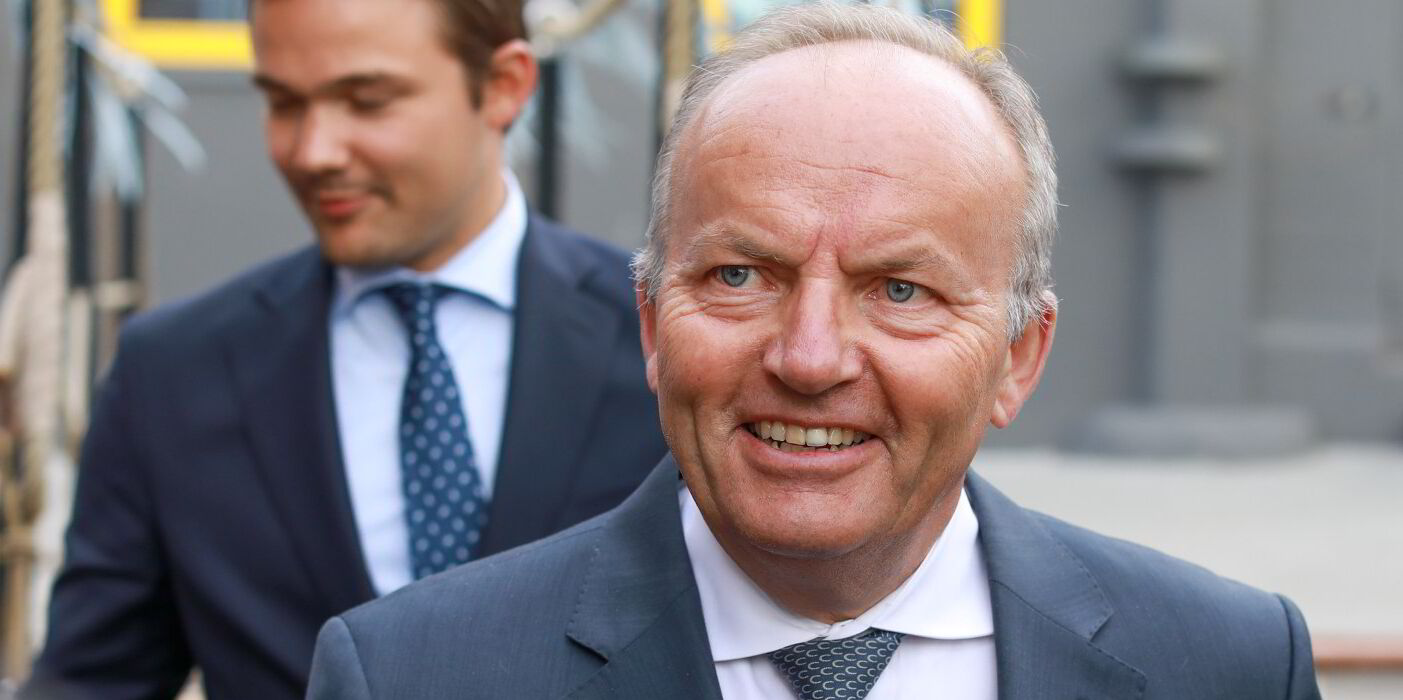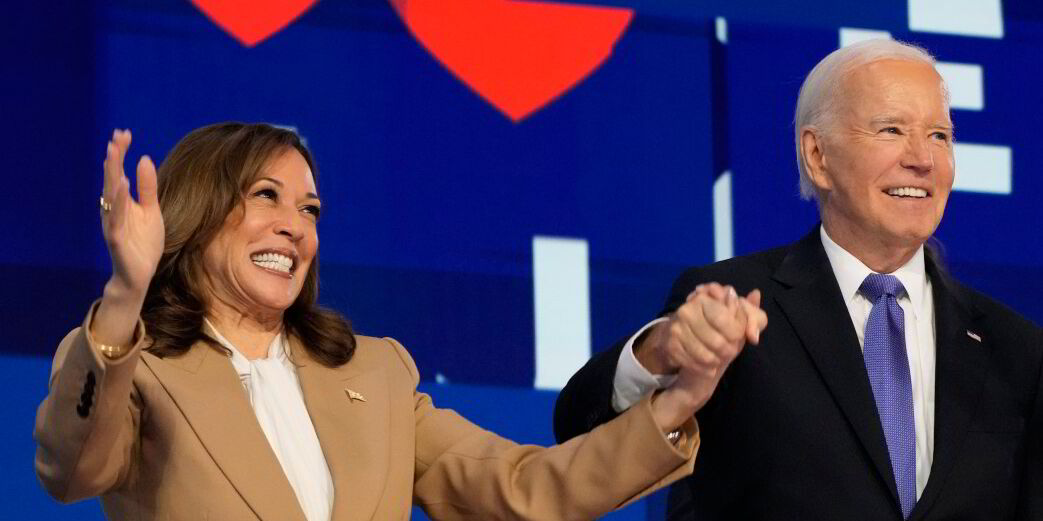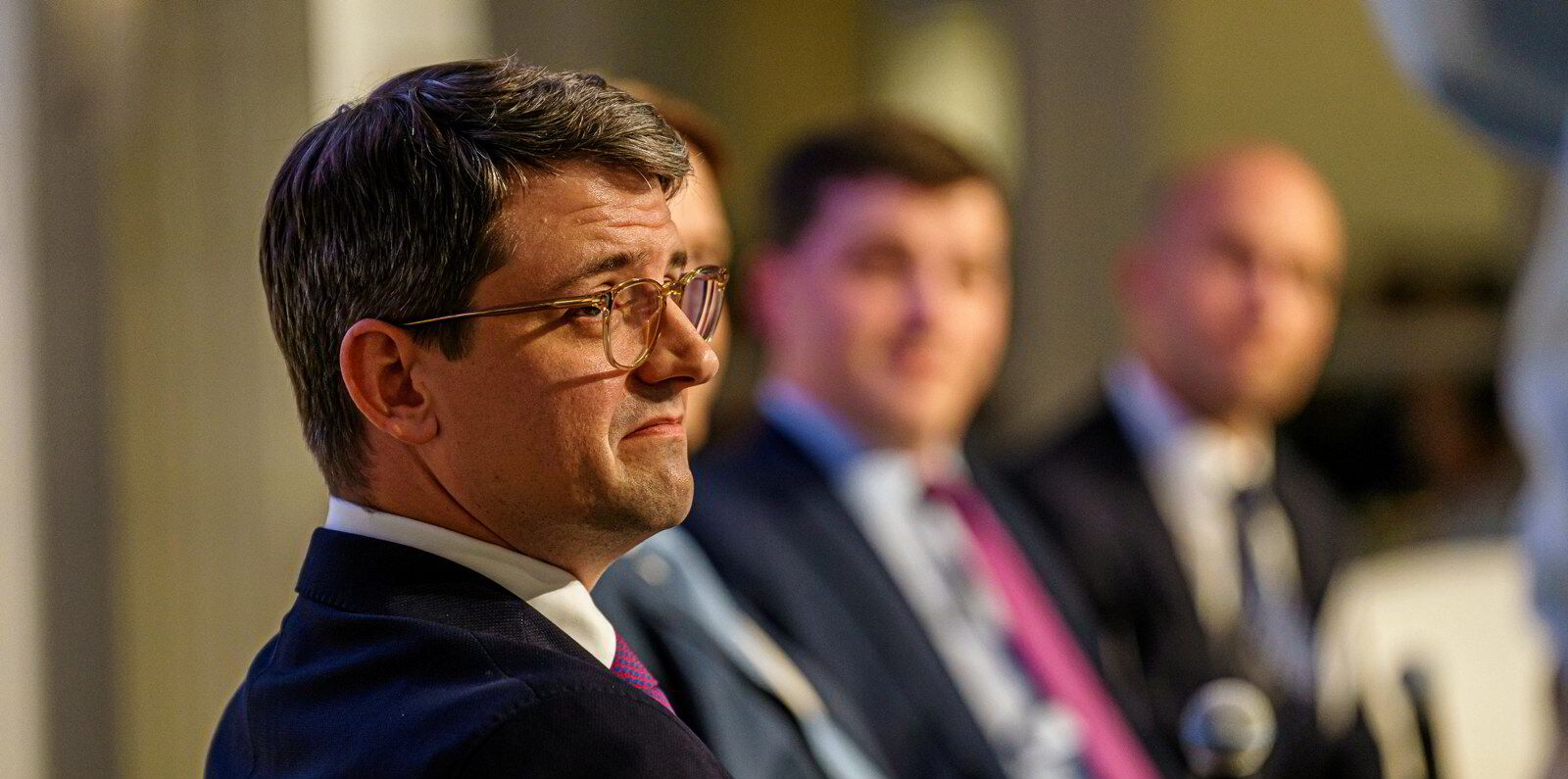Rising geopolitical tensions are forcing shipowners to consider perspectives outside their own.
Speaking at YoungShip’s annual ShipCon conference in Oslo on Wednesday, a panel of four owners said they had to seek out and understand other world views to anticipate shifts in global politics.
“I think we have to accept that the world order is changing,” 2020 Bulkers chief executive Herman Billung said.
“The old economies are not what they used to be. I think we are facing a kind of new era” with China and India playing a larger part.
BW LNG chief executive Yngvil Asheim said one of the best parts of working in shipping is that you get exposed to so many different perspectives, but still work together to get trades done.
“We’re coming from this very Western perspective. We see the world very differently than the other parts of the world.
“It’s so easy to sit in a bubble in Norway or London, or wherever you’re sitting.”
Wilh Wilhelmsen Holding chief executive Thomas Wilhelmsen agreed, likening trade to a “water leakage, it will always find its way”.
“Whether it’s with the grey fleet or passing through India or somewhere else,” he said.
He said countries like China and India are taking increasingly stronger positions in the global order, something some Western countries might have a difficult time accepting.
He mentioned automobile exports, where Wallenius Wilhelmsen — a car carrier operator the Wilhelmsen company has a nearly 38% stake in — has benefited from growing Chinese exports eating into ship supply.
In crude oil trades, which were shaken up following Russia’s invasion of Ukraine, India has emerged as a major importer of Russian cargoes while the Eurasian country has become China’s biggest oil supplier.
Still, Wilhelmsen said the geopolitical shifts could change some of the world’s major trade lanes.
“Hopefully you have some kind of peace between Russia and Ukraine,” he said.
Once that happens, the West might want to rebuild those countries, “then, the old trade routes, they’re back”.
Frontline chief executive Lars Barstad said even if their countries are at loggerheads, shipping companies globally will still keep in contact.
“This is the beauty of shipping in all asset classes,” he said.
“You could have a lot of arguments on a political level, newspapers can write whatever they want, but the environment where we work, we visit clients, we speak to people in different countries.
“It’s like a mini-UN in shipping, you never shut the door. There can be pretty harsh climates, but the shipping community in various countries will still talk to each other.”





